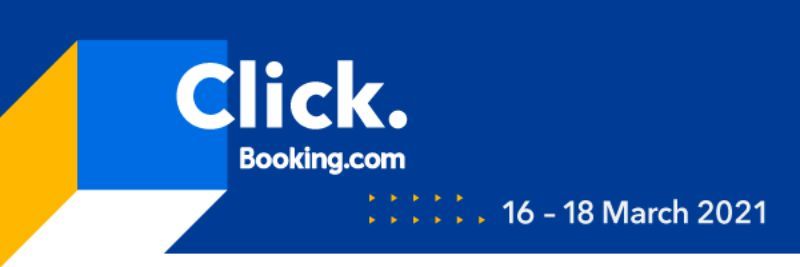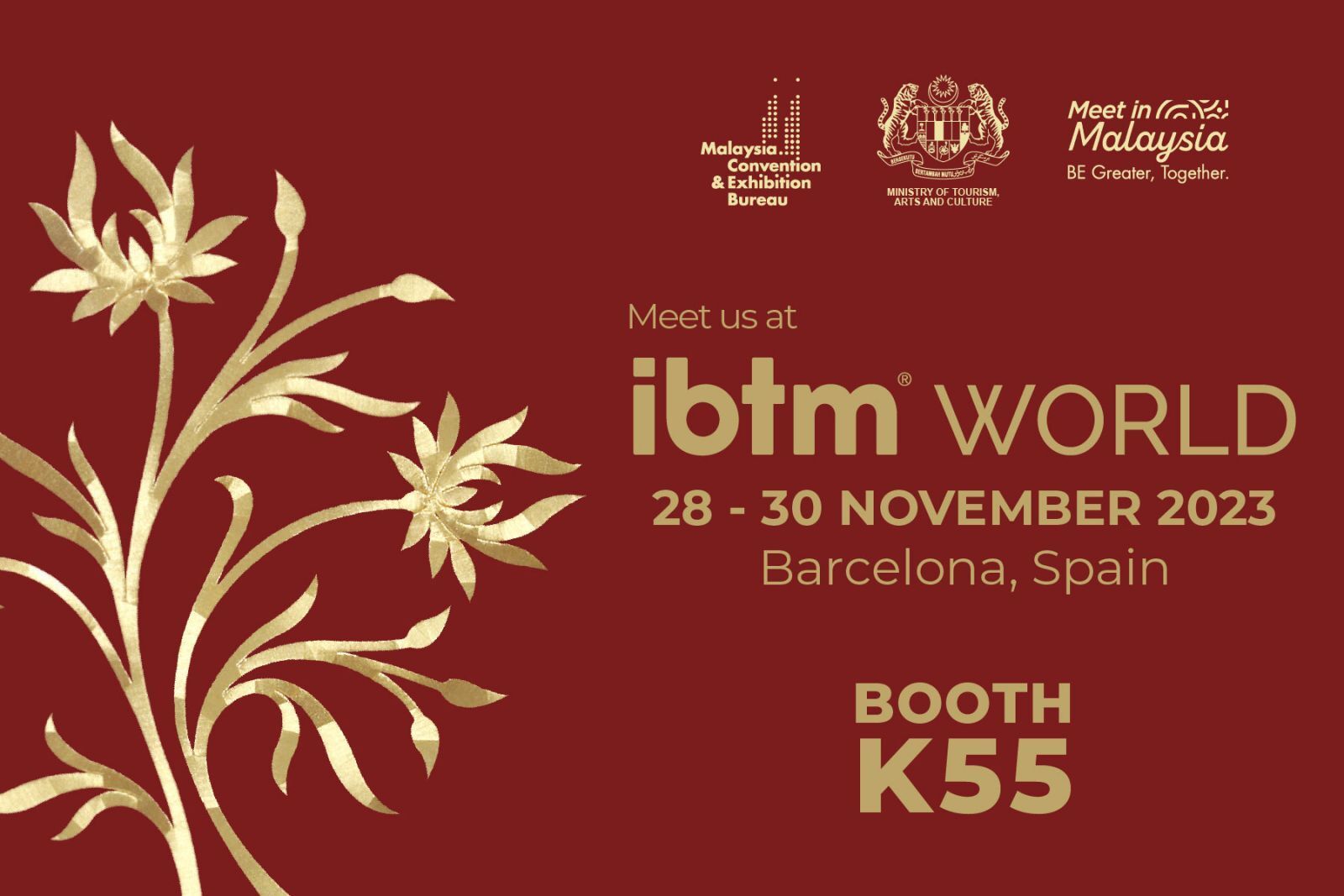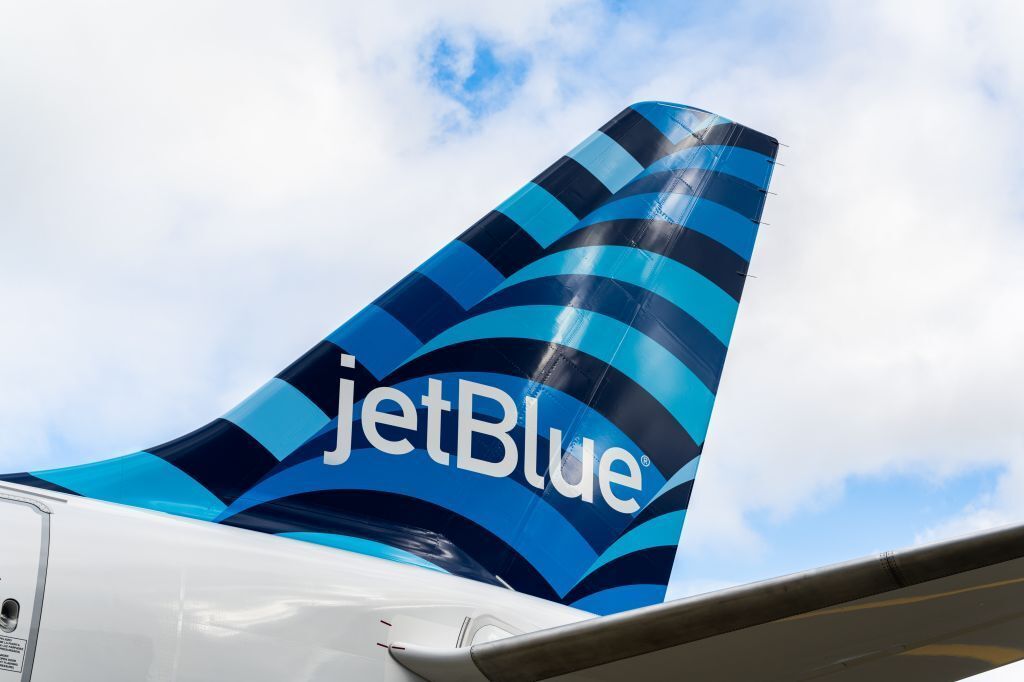An online course program developed by Cornell University in partnership with the Travel Foundation will be the first-of-its-kind to equip destination professionals with new knowledge and skills urgently needed to manage tourism in the 21st Century.
The comprehensive, 40-hour course is borne out of analysis from the partners’ 2019 report, Destinations at Risk: The Invisible Burden of Tourism, which highlighted a gap in fostering the talent, capacity, and leadership required to manage the greener and more efficient and equitable destinations of the future.
The Sustainable Tourism Destination Management Course program will be available through eCornell starting Autumn/Fall 2022 and will help today’s global tourism professionals develop many of the new skills needed in the market, including impact management, climate action planning and financing, risk profiling, and community engagement.
The program is being developed by the SC Johnson College of Business’ Center for Sustainable Global Enterprise Sustainable Tourism Asset Management Program (STAMP) in partnership with global NGO the Travel Foundation, with financial support from Deutsche Gesellschaft für Internationale Zusammenarbeit (GIZ) on behalf of the German Federal Ministry for Economic Cooperation and Development (BMZ).
At least 1,000 participants, from target countries where affordability might otherwise be a barrier to enrolment, will be granted free access to the program through a process supported by the World Tourism Organization of the United Nations (UNWTO). The intention is for additional scholarships to be made available in future, through collaborations with global partners.
The online program will feature award-winning faculty and practitioners who will share destination management expertise from across the globe on urgent themes including climate change and overtourism; downloadable tools that can be applied directly in professional settings; as well as research from top experts on cutting-edge destination management issues. Program content includes:
- An overview of the global tourism economy and the value it brings.
- Measuring the “Invisible Burden of Tourism” – the unaccounted-for impacts of tourism.
- Managing the Invisible Burden.
- Managing climate impacts.
- Defining and achieving key economic development goals.
- Equitable and inclusive management of tourism’s shared assets.
- Developing dedicated destination management capacity.
- Applying sustainable destination management tools and concepts to critical real-life case studies from the tourism sector
The online program is designed for a global audience, including: national and local government tourism officials, staff at Destination Marketing and Management Organisations (DMOs), and others in related public, private, and non-profit fields related to tourism destination management and stewardship.
“Our Invisible Burden report documented how destinations have struggled to manage the growth and impacts of tourism, and exposed the urgent need for new technical skills, knowledge and tools,” said Principal Instructor and Managing Director of the Sustainable Tourism Asset Management Program (STAMP), Megan Epler Wood.
“While public sector organizations are increasingly aware of the need to manage tourism demand and destination assets, rather than simply promote destinations, there is little knowledge or capacity within those organizations to make such a transition. Cornell’s Sustainable Tourism Destination Management program aims to address this gap and build professional development in this neglected field.”
Jeremy Sampson, CEO of the Travel Foundation, said: “This program, coming from a top-flight Ivy League institution, has huge potential to transform how destinations are managed, and I’m delighted we can continue our partnership with the team at Cornell. I am particularly excited about the opportunity to share our experiences and resources as part of the course content, and to ensure the free scholarship places remove any financial barrier for destinations, particularly those in the Global South. Our mission is to support destinations in the greatest need of stewardship to ensure they have the capacity to fully benefit from tourism, and this course will become a vital part of our approach.”
Natalia Bayona, Director of Innovation, Education and Investments at the UNWTO, said: “Online education is here to scale up the way people are educated. Tourism is the top employer of youth. Nonetheless 50% of them only have secondary-level education. Today, more than ever, we need added value programs full of innovation and sustainability to help those brilliant minds to have a better career and build a professional path in tourism. At the World Tourism Organization we are keen to help our Member States do this.”
Successful completion of the online program will include recognition from Cornell University.















